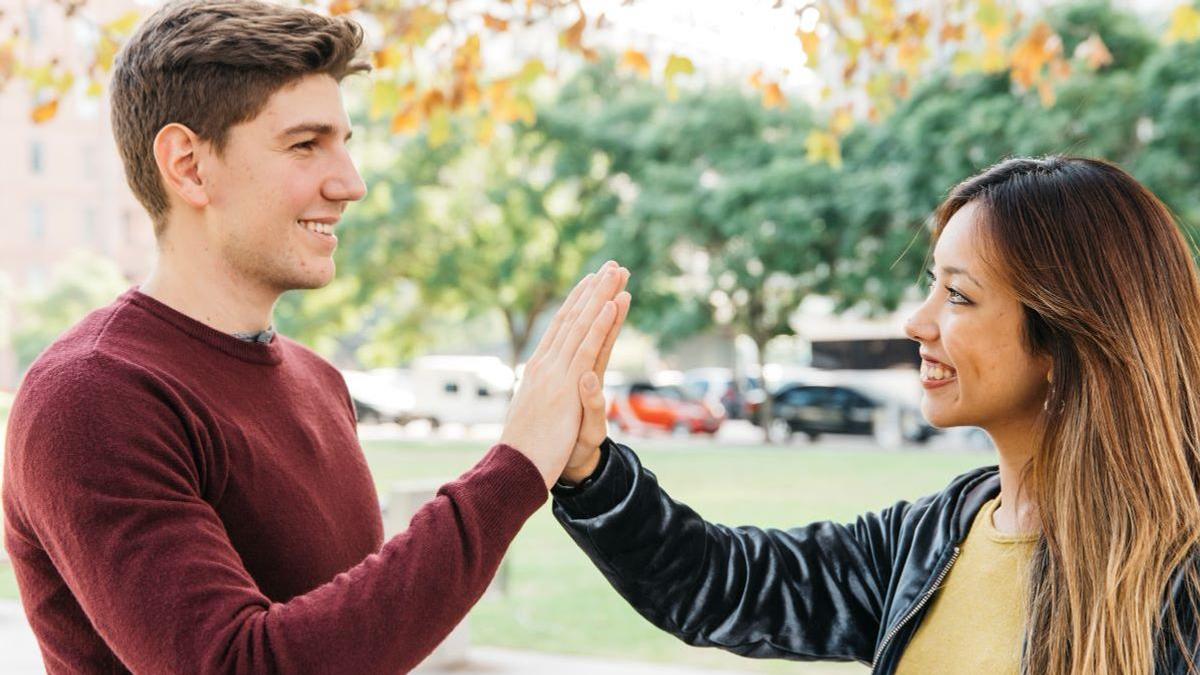In today’s world, relationships between people have become more complex and multifaceted. One of the most common and painful situations is being in the so-called “friend zone.” This term is widely used among young people and adults alike, but it still raises many questions: what does it really mean, why do we end up there, and how can we get out? Those who find themselves in unrequited love often look for answers. As noted by the editorial team of Baltimore Chronicle, understanding the nature of the friend zone helps maintain dignity, make the right decisions, and avoid wasting time on hopeless hopes.
What Is the Friend Zone and How to Recognize It
The friend zone is a situation where one person has romantic or sexual feelings toward another, but the other only sees them as a friend. They may have regular contact, friendly conversations, and even flirting — but there is no hint of mutual romantic interest.
Main signs that you are in the friend zone:
- They often contact you when they need support but never suggest romantic meetings.
- They discuss their relationships or crushes with you openly.
- You feel like you give more than you get in return.
- They tell you something like “You’re like a brother/sister to me.”
- You keep hoping something will change — but it never does.
This type of relationship is often based on an illusion: the person in the friend zone hopes friendship will turn into love, while the other has already made their choice.
Why People End Up in the Friend Zone
There are many reasons to end up in the friend zone, and it’s not always one person’s fault. It is important to understand why you found yourself in this situation so you don’t repeat it in the future.
Most common reasons:
- Lack of clear intentions
The person does not openly express their feelings, so they are seen only as a friend. - Trying to be the convenient person
Always saying “yes” to any request creates the image of a good friend, not a partner. - Lack of self-confidence
Not showing initiative or expressing needs reduces attractiveness. - Bad timing
Sometimes the person you like is already in another relationship or going through a difficult period. - Lack of romantic chemistry
For some, you are a pleasant companion but not an object of desire.
How to Get Out of the Friend Zone: Step-by-Step Guide
The most important thing is to understand if you really want a romantic relationship with this person. If yes, you need to act. If not — it’s better to honestly let go.
1. Define your goals
Before making changes, ask yourself: “What do I want from this relationship?” If you want mutual feelings — it’s time to act.
2. Set boundaries
Stop playing the role of a “convenient friend.” Refuse excessive emotional and physical support if it only drains you.
3. Focus on your own life
Develop your hobbies, friendships, appearance, and personal growth. People start valuing you when you value yourself.
4. Express your feelings directly
This is the boldest but clearest way. Tell them how you feel and observe their reaction. At worst, you get clarity.
5. Accept the answer
If the answer is “no,” don’t cling to illusions. Give yourself time to heal and move on.
Comparison: Friends, Friend Zone, Romantic Partner
| Feature | Friends | Friend Zone | Romantic Partner |
|---|---|---|---|
| Physical closeness | Absent or minimal | One-sided desire | Mutual desire |
| Emotional support | Mutual | You support more | Mutual support |
| Flirting | Absent | Often one-sided | Mutual |
| Future plans | No couple intentions | Hopes only on one side | Discussed together |
| Social status | “Just friends” | Undefined status | A couple |
What Not to Do If You Are in the Friend Zone
Sometimes people make mistakes that only deepen the situation. To avoid this, it is important to know what not to do.
- Don’t try to “earn” love with gifts or favors.
- Don’t criticize their choice of others.
- Don’t live in the illusion that waiting will change everything.
- Don’t agree to be a “friend with benefits” if you want more.
- Don’t lose yourself trying to meet others’ expectations.
Is the Friend Zone Always the End?
No. Sometimes relationships can change. If there is chemistry, respect, and shared values, friendship can truly grow into love. But this must be sincere and natural, not manipulation or “earning” love.
Signs there is a chance:
- They show interest in your personal life
- They get jealous of your other relationships
- They spend a lot of time with you voluntarily
- They often seek physical closeness
- They send mixed but consistent signals
In such cases, an honest conversation can clarify prospects.
Psychological View: How the Friend Zone Affects Self-Esteem
Long-term being in the friend zone often harms emotional well-being. Feelings of rejection, lowered self-esteem, and anxiety arise.
How to restore confidence:
- Communicate with people who value you
- Do what you love
- Change environment, travel
- Seek a psychologist if needed
- Practice inner dialogue and self-acceptance
Your life should not revolve around one person. You are a whole individual, and your happiness does not depend solely on romance.
How to Avoid the Friend Zone in the Future
Preventing the friend zone is easier than getting out of it. You need to learn to set boundaries, be honest about your intentions, and not fear loss.
Friend zone prevention:
- Meet people looking for relationships too
- Develop charisma and confidence
- Don’t be afraid to show attraction
- Show romantic interest from the start
- Analyze the other’s behavior — do they really suit you?
Earlier we wrote about what is “main character energy” and why is it Gen Z’s new philosophy.

